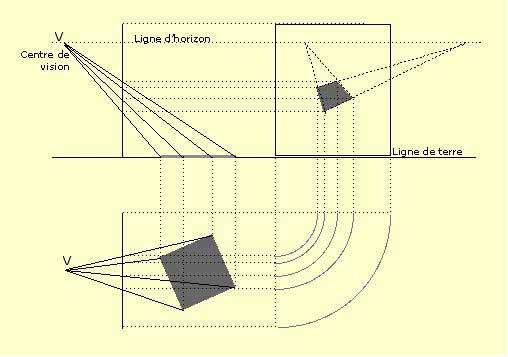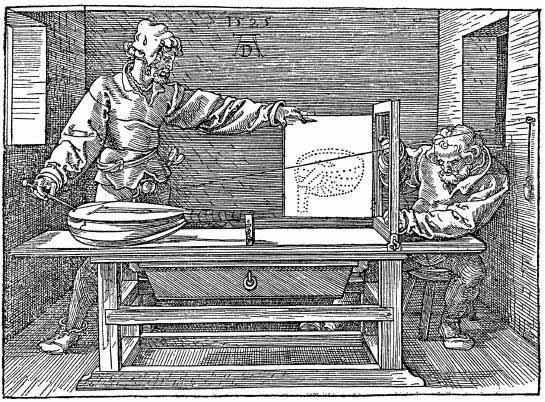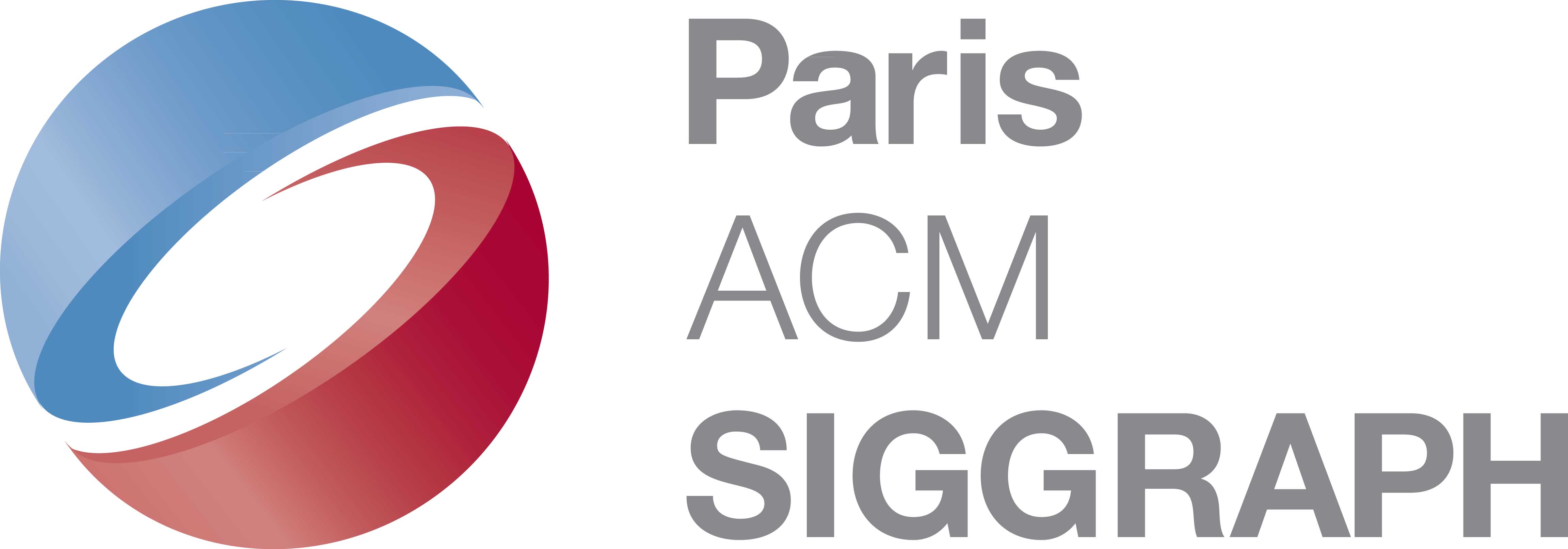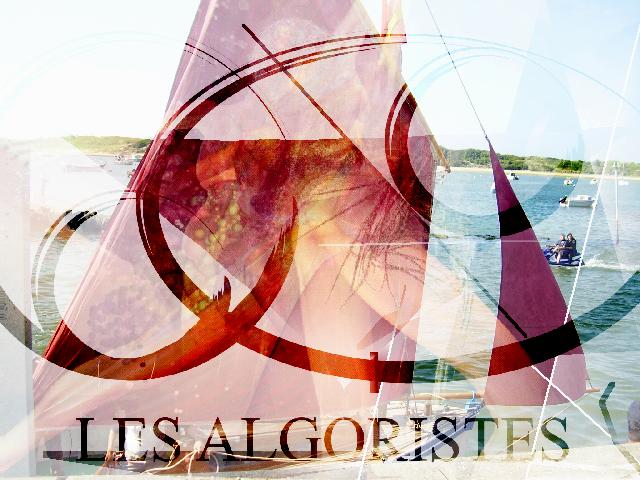Digital Art History
Renaissance
1492-1600. Mathematics...
See the (pre-)digital context.
Da Vinci is of course the first name to come in mind. But he carefully separated his artistic activities, notably painting, from his mechanical ideas, then we cannot consider him properly a digital artist. Nevertheless, he has inspired the Da Vinci Code novel of Dan Brown, and an artistic game application by Nicolas Clauss and Jean-Jacques Birgé (see our note).
Literature and text
Materially, the movable characters and the efficient press of Gutenberg (and some others at that time) increase sensibly the productivity of printing and the reliability of the copies. The material fragmentation of the text into characters so contributes to the growth of a production now more digital.
Texts take a new autonomy with the protestant principe of "free examination", notably of the Bible. So, text is freed from its depedence to religious authority, and enhances its independent value.
Music
Mathematical tools in composition appear with harmony and, newer, the counterpoint. The idea is at least as old as 1532, when Giovanni Maria Lanfranco described a similar concept in his Scintille di musica (Brescia, 1533). See Wikipedia

Alberti, lhe perspective of "construzione leggitima"
Painting/drawing
Images also make use of the printing press. Dürer, notably plays deliberately this game at high level (one could compare him to Karajan playing the CD media). That goes with a fragmentation inside the creation process. The direct relation between the author (writer, painter) and the work is now cut, and replaced by a series of steps, with an intermediary "original" (lead types, metal etching), used by an ulterior reproduction process (the press).
Numbers and geometrical considerations play a major role in painting. Some mathematical modelling is used (see mathematics). Ch. Funck-Hellet reviews them Composition et nombre d’or dans les oeuvres peintes de la Renaissance. Proportion, symétrie, symbolisme. (Editions Vincent Réal, Paris 1950). We give here online (in French) the full text of its summary list.
But the perspective remains one of the major breaktroughs of Renaissance, with material tools brought by Durer (the "portillon) and, much more important, the construzzione legittima of Alberti.
About this period : Les instruments d'optique à l'aide des grands maîtres. by Jean-François Revel. Connaissance des arts, Aug. 1961.

Dürer : the portillon
Antiquity did know some perspective systems, without using the word [Panofskky, 1975]. But Renaissance, eager to give objective representations of the World, gives rigorous formalisms to get there : :
- a conceptual processus, with a geometric modelling of space ; Alberti. and his « construzione leggitima » is the most famous contributor;
- a technologiqcal physical process, with for instance the « portillon » of Albert Dürer.
Gianbattista Bracelli , at the end of the period, is a forerunner of cubism and geometrical analysis.
DICCAN'S PARTNERS:

Paris ACM Siggraph, the French chapter of ACM Siggraph, worldwide non-profit organization of computer graphics.

Les Algoristes, an association of artists using their own algorithms in their work.
